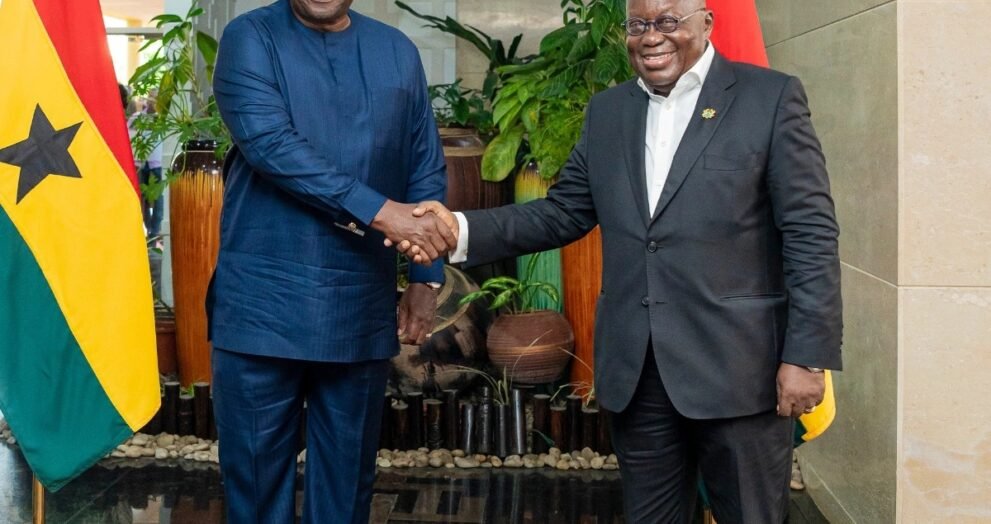ALEXANDER LUKASHENKO SECURES SEVENTH TERM AS BELARUS PRESIDENT AMID DISPUTED ELECTION
Alexander Lukashenko, Europe’s longest-serving leader, has extended his 31-year rule in Belarus after being declared the winner of a presidential election that his exiled opponents and Western countries have denounced as a sham. Lukashenko secured 86.8% of the vote, according to official results released early Monday, in an election that was widely seen as a stage-managed affair. Lukashenko faced only token opposition, with one candidate admitting he was running merely “alongside” the strongman leader, not instead of him. The result grants Lukashenko a seventh term in power and cements his grip on the former Soviet republic, a major Russian ally. Kallas The election was widely criticized by Western countries, with Kaja Kallas, the European Union’s foreign policy chief, saying the vote was “neither free nor fair,” calling it “a blatant affront to democracy.” However, the Kremlin hailed Lukashenko’s victory, and China’s President Xi Jinping also congratulated him. Putin Lukashenko’s reliance on his Russian counterpart, Vladimir Putin, has deepened since the last Belarusian election in 2020, when he faced an unexpectedly stiff challenge from Sviatlana Tsikhanouskaya, a political novice who entered the race after her husband, Sergei, was jailed and prevented from running. Tsikhanouskaya, now living in neighboring Lithuania, declined to call for public protests this time round, instead asking Belarusians simply to vote against all candidates on the heavily-vetted ballots. Her opposition movement called the vote “a meticulously orchestrated charade designed to perpetuate the illegitimate dictator’s grip on power.” Lukashenko maintained that Belarus is a democracy because his rivals were given a choice. “Some chose prison, others chose exile,” he told the BBC. Lukashenko also told reporters that he did not care whether the West recognizes Belarus’ election or not. Gould-Davies The 70-year-old Lukashenko has given little indication that he intends to step down, even after his seventh term. Nigel Gould-Davies, the former UK ambassador to Belarus, said that Lukashenko is unlikely to relinquish power on his own accord. “Dictators, even if they want to, fear stepping down voluntarily,” he told CNN. “It’s a secret weakness of autocracies.” Before Sunday’s vote, Lukashenko mocked opposition leaders who he said were waiting for him to “drop dead,” telling them: “Don’t hold your breath.”














































































































































































































































































































































































































































































































































































































































































































































































































































































































































































































































































































































































































































































































































































































































































































































































































































































































































































































































































































